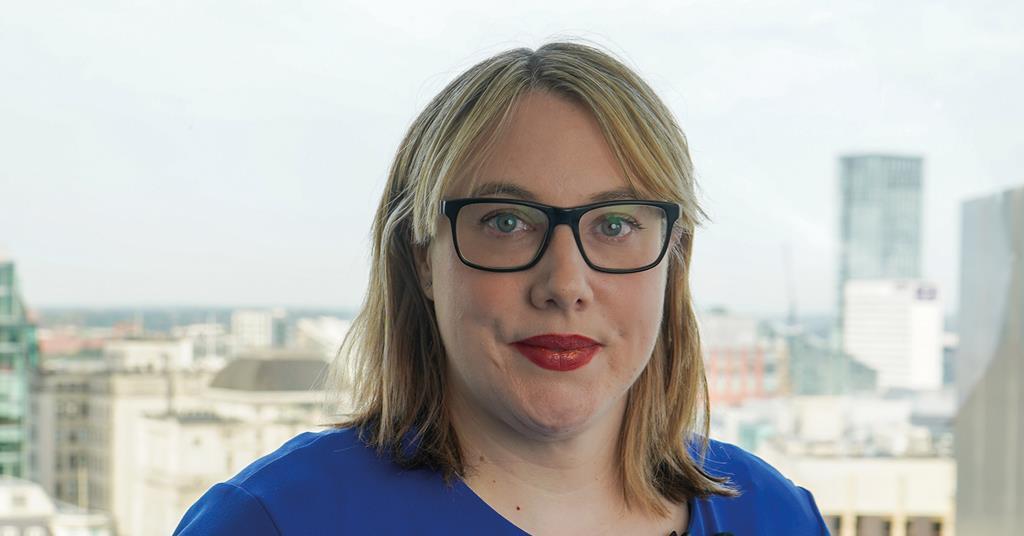Exploring Neurodiversity in the Legal Profession: A Call for Inclusivity and Support
The legal profession is known for its rigorous demands and high-pressure environments, but what about those who are neurodiverse? This question has often been overlooked in discussions about diversity and inclusion in the legal sector. However, a volunteer-run group called Neurodiversikey is aiming to change that.
Neurodiversikey was established last October with the goal of making the justice system and legal sector more inclusive for neurodiverse individuals. The group is currently conducting the largest survey ever of the profession to determine how many neurodiverse people are working in the sector, how well their needs are being met, and what can be done to offer more support.
Danielle Gleicher-Bates, co-founder of Neurodiversikey, highlights the lack of available data on neurodiversity in the legal profession. She emphasizes the importance of understanding the starting point in order to make meaningful improvements in neurodiversity inclusion.
The survey, which is anonymous and open to all neurodivergent law students and legal professionals, is set to close on March 12. Gleicher-Bates, who was diagnosed as neurodiverse while training for the bar, believes that the sector can do more to accommodate individuals with conditions such as autism, ADHD, and dyslexia.
Amelia Platton, a trainee solicitor and founder of the ND Lawyer Project, shares her experiences of feeling overwhelmed by the structured nature of law courses and the challenges of transitioning into the workplace. She emphasizes the importance of making reasonable adjustments and creating a supportive work environment for neurodiverse individuals.
Emma Hamnett, a paralegal and neurodiversity champion at a national firm, stresses the need for firms to listen to and accommodate the unique needs of neurodiverse employees. She advocates for recognizing neurodiversity as a valuable asset rather than a disability.
Overall, the message from these individuals is clear: the legal profession can and should do more to support neurodiverse individuals. By listening to their needs, making reasonable adjustments, and fostering a more inclusive work environment, the legal sector can benefit from the diverse perspectives and talents of neurodiverse individuals.


